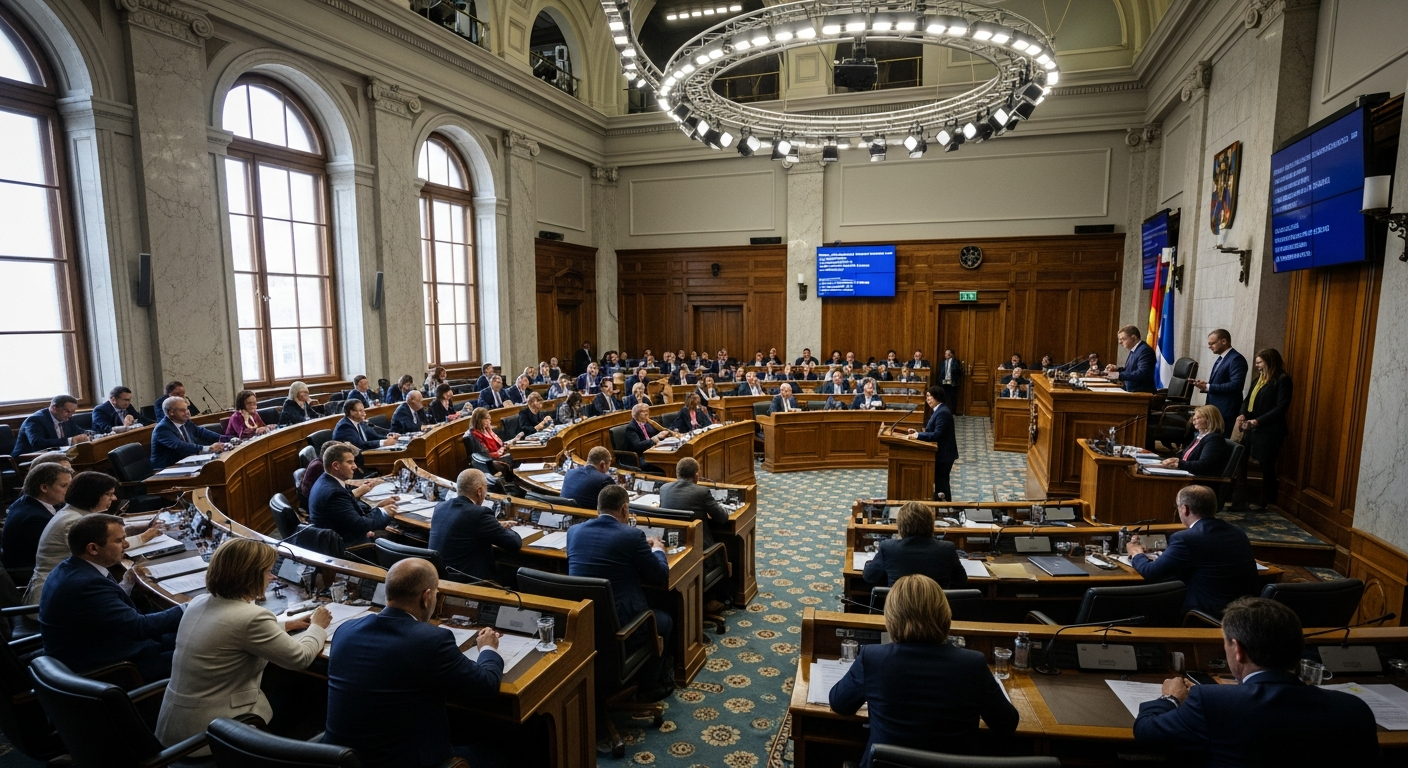The Intricacies of Intellectual Property Law in the Digital Age
Introduction: In the era of rapid technological advancement, intellectual property law has taken center stage. This article delves into the complexities of intellectual property law in the digital age, exploring its historical context, recent legal developments, and the implications of these changes on society.

Historical Context of Intellectual Property Law
Intellectual property law has its roots in the 18th century, with the first patent law enacted in 1790 in the United States. The law was designed to protect inventors and their inventions, encouraging innovation and economic growth. Over the years, intellectual property law has evolved to include copyright, trademarks, and trade secrets, each with its own set of rules and regulations.
Intellectual Property Law in the Digital Age
The advent of the digital age has brought about significant changes in intellectual property law. The internet has made it easier to share and distribute information, leading to an increase in copyright infringement cases. In response, governments worldwide have enacted laws to protect intellectual property rights online. For instance, the Digital Millennium Copyright Act (DMCA) in the United States prohibits the unauthorized copying and distribution of copyrighted material on the internet.
Recent Legal Developments
In recent years, there have been several key legal developments in intellectual property law. One notable example is the European Union’s Copyright Directive, which was passed in 2019. This law requires online platforms to obtain licenses for copyrighted material and holds them liable for copyright infringement by their users. This has sparked a heated debate about the balance between protecting intellectual property rights and preserving internet freedom.
Implications and Impact on Society
The changes in intellectual property law have far-reaching implications for society. On one hand, they protect creators and encourage innovation. On the other hand, they can limit freedom of expression and access to information. For instance, the EU’s Copyright Directive has been criticized for potentially leading to censorship and limiting the sharing of information online.
The Future of Intellectual Property Law
As technology continues to evolve, so too will intellectual property law. Legal experts predict that issues such as artificial intelligence and blockchain will pose new challenges for intellectual property law in the coming years. It is crucial for lawmakers to strike a balance between protecting intellectual property rights and fostering innovation and freedom of expression.
In conclusion, intellectual property law in the digital age is a complex and evolving field. It requires a delicate balance between protecting creators and fostering innovation, while also ensuring freedom of expression and access to information. As we move further into the digital age, it is crucial for lawmakers, legal experts, and society as a whole to engage in ongoing discussions about the future of intellectual property law.






